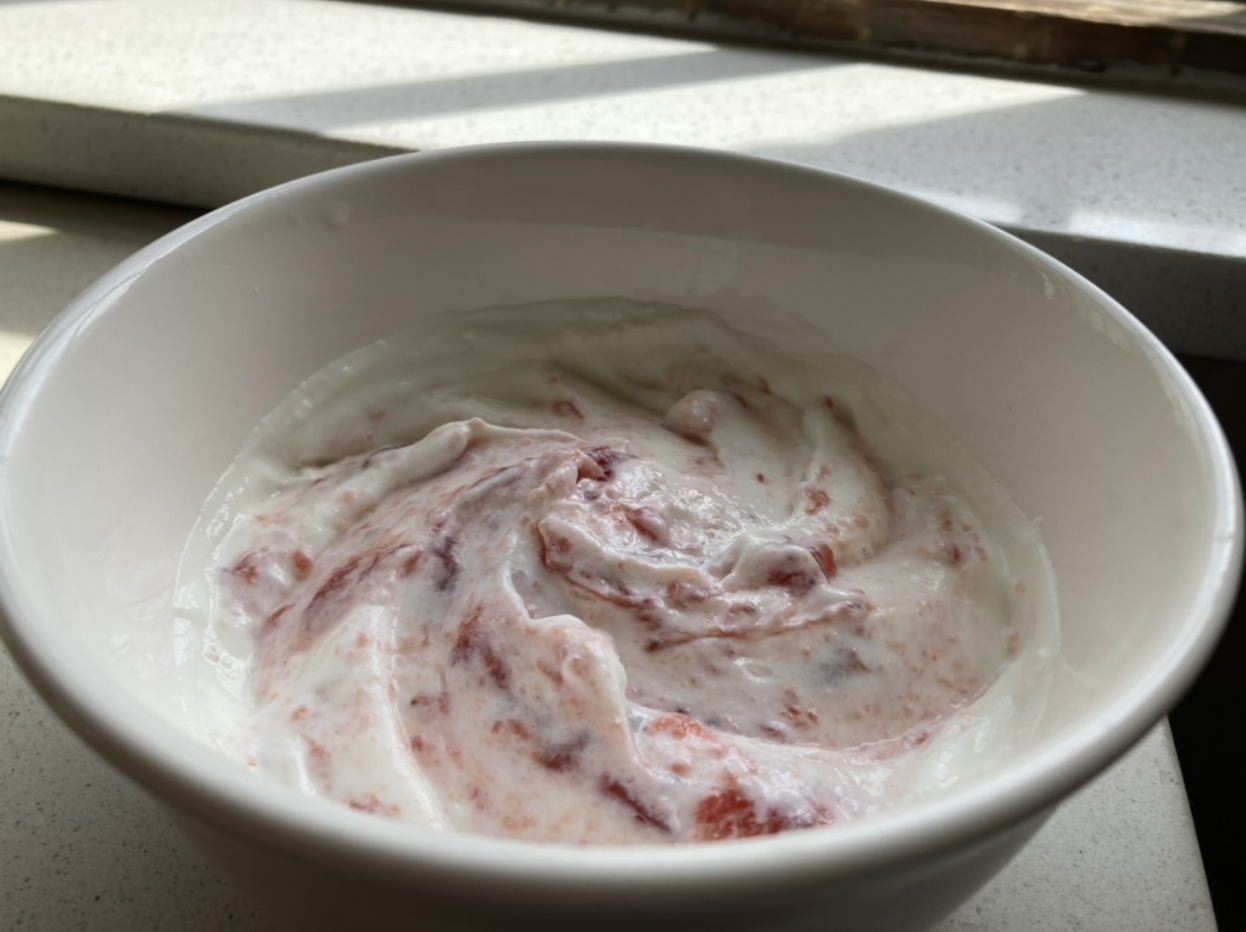Gaining popularity among health-conscious consumers due to its high protein content and thick, creamy texture, Greek yogurt is often used as a healthy alternative to sour cream or mayonnaise. Researchers at the University of Wisconsin are exploring a byproduct of Greek yogurt known as acid whey, which can be made into a lactose-free syrup for use in food products.
According to a study published in the International Journal of Dairy Technology, removing liquid acid whey from yogurt also removes lactose during the straining process.
UW has the infrastructure and equipment for researching Greek yogurt acid whey products on a large scale, processing plant manager and UW researcher Mike Molitor said.
Livestock and animals can feed on acid whey, and it may be used as a methane digester or fertilizer but only in limited amounts, Molitor said. Farmers can’t use too much of any product containing acid whey because it can cause runoff into nearby lakes or rivers, increasing algal blooms and decreasing the quality of life for aquatic animals.
Currently, 90% of the milk volume also becomes acid whey when cheese is created, Molitor said. In other words, 90% of the product currently goes to waste.
UW researchers are trying to create more useful and profitable products out of acid whey, such as sweeteners, according to UW chemical and biological engineering professor George Huber. Acid whey is not worth much in its unprocessed form so making something profitable out of it could be a huge business.
“We are working on making a low-carb sweetener which has 40-50% of lower calorie content than normal sweeteners. Our goal is to bring this to the market,” Huber said.
This is glucose-galactose syrup, or “dairy syrup,” made from the lactose byproduct of yogurt production. Huber said acid contains lactose which is converted to glucose and galactose — other sugar types — during the dairy syrup production process. Because the lactose is broken down, the syrup is digestible for people who are lactose-intolerant.
Babcock Hall Dairy Plant celebrates new facility renovations
Microfiltration and nanofiltration processes are part of the conversion process of Greek yogurt acid whey into glucose-galactose syrup, Huber said. Then chemical catalysis takes place, converting the lactose to glucose and galactose. Further hydrolysis, purification and filtration finally produce glucose-galactose syrup.
Greek yogurt acid whey is mineral dense and could be a source of minerals to enrich non-perishable food products. It contains the same minerals found in unprocessed milk, such as calcium, magnesium, potassium and phosphorus. According to the U.S. Dairy Export Council’s website, these minerals are essential to human nutrition.


















